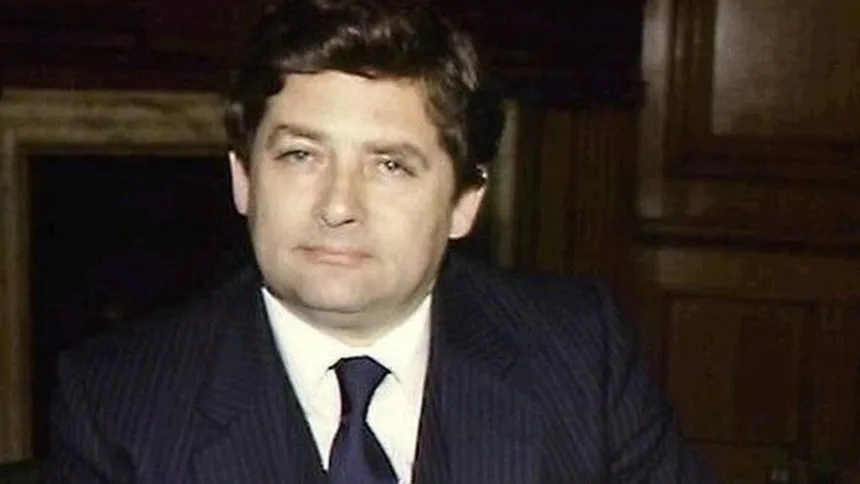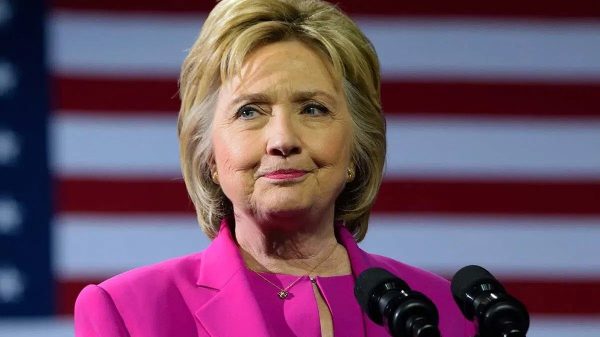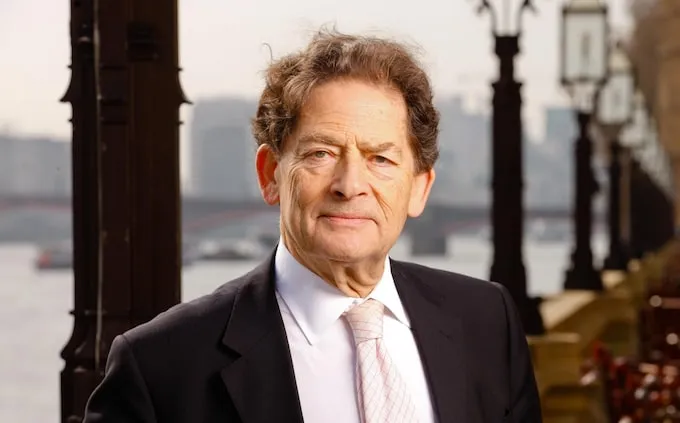Former British Chancellor Nigel Lawson, a stalwart of Conservative politics, passed away at the age of 91, leaving behind a legacy that will be remembered for generations to come. Lawson’s contributions to British politics were immense, and his passing has been mourned by many, including former Prime Minister Boris Johnson, who described him as a “giant” of Tory politics.
Johnson’s tribute was echoed by other prominent figures, including Foreign Secretary James Cleverly, who referred to Lawson as a “true statesman.” Cleverly’s sentiments were echoed by Tory party chairman Greg Hands, who praised Lawson’s clarity of thinking, commitment to free market economics, and willingness to challenge orthodoxies.
Lawson’s passing has also been met with sadness from within the Conservative party, with former Chancellor Sajid Javid describing him as “one of Britain’s greatest public servants, especially as Chancellor.” Javid’s words reflect the widespread respect and admiration for Lawson’s contributions to British politics, which spanned many decades.
Throughout his career, Lawson was known for his unwavering commitment to free market Conservatism and his unshakeable belief in the power of the market to drive economic growth. As a leading Brexiteer, he was a vocal advocate for the UK’s departure from the European Union, and his comments on the issue were often sharp and incisive.

Nigel Lawson (Via Nigel Lawson/Twitter)
As Chancellor under Margaret Thatcher, Lawson played a key role in transforming the economic terrain of the UK. He was a tax-cutter and simplifier, and his reforms helped to boost economic growth and reduce the burden on British taxpayers. His legacy in this regard is still remembered and celebrated today, as millions of British people continue to benefit from the economic stability and prosperity he helped to create.
Lawson’s love of continental Europe was another notable aspect of his persona, and his comments on the issue often reflected a deep affection for the culture and people of Europe. Despite his strong views on Brexit, he was always willing to engage in constructive dialogue and debate, and his contributions to this nation will not be forgotten, as Cleverly so eloquently put it.
Nigel Lawson’s passing marks the end of an era in British politics, but his legacy will continue to inspire and influence generations to come. His unwavering commitment to free market economics, his unshakeable belief in the power of the market, and his ability to challenge orthodoxy have left an indelible mark on the UK’s economic terrain.











































